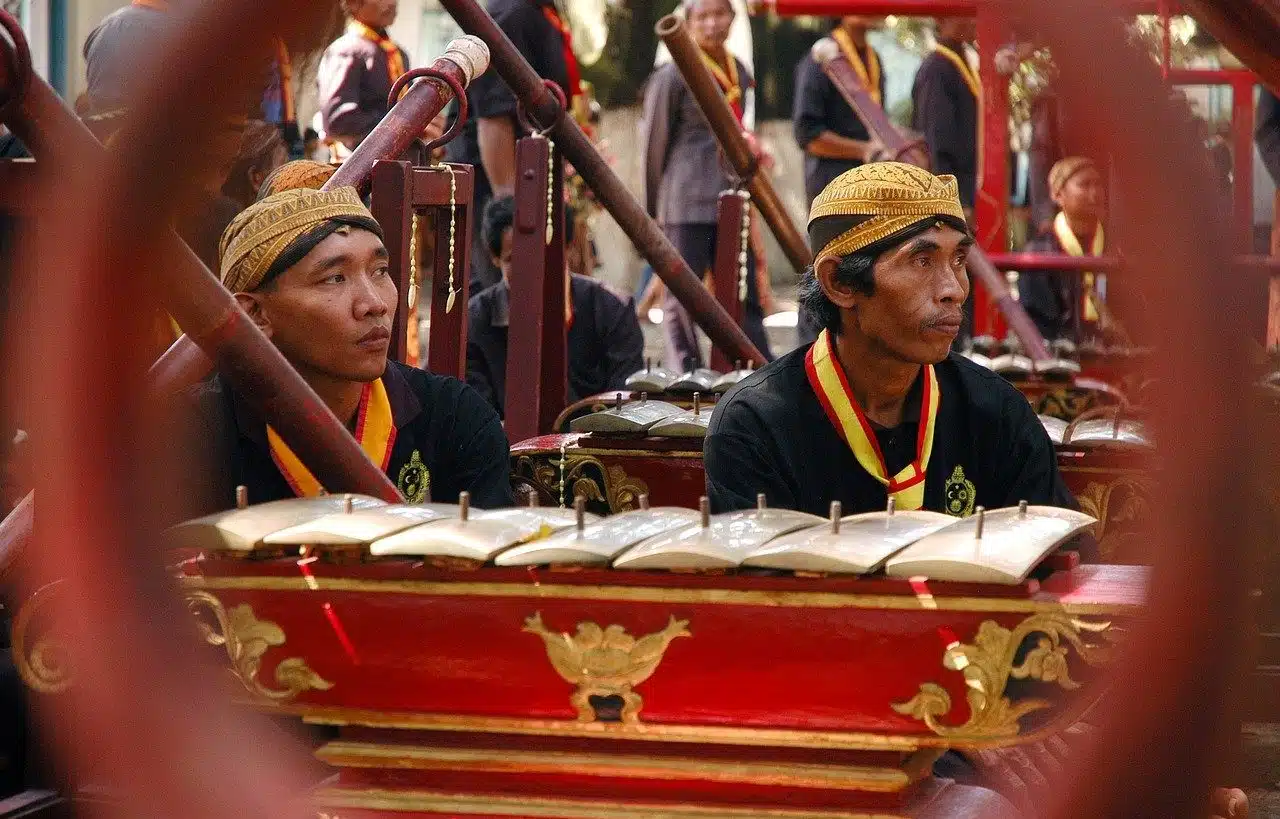
Traditions are transmitted by inheritance.
Tradition is the set of cultural assets that are transmitted from generation to generation within a community . These are those customs and manifestations that each society considers valuable and maintains so that they can be learned by new generations, as an indispensable part of the cultural legacy.
Eating a chocolate egg at Easter or a nougat at Christmas, having pasta for lunch on Sundays or wearing black as a sign of mourning are widespread traditions in several countries, to name a few possibilities.
His links with art
Tradition (a term derived from the Latin traditio ), therefore, is something that is inherited and is part of identity . The characteristic art of a social group, with its music , its dances and its stories , is part of the traditional, as is gastronomy and other issues.
Folklore and what is considered components of popular wisdom also belong to the field of tradition. It is important to highlight that, many times, tradition is associated with a conservative vision since it implies keeping certain values intact over time. In this sense, the beliefs of those who are not interested in the traditions of their land or who try to change them are often seen as disruptive .
Sociologists warn, however, that tradition must be able to be renewed and updated to maintain its value and usefulness. This means that a tradition can acquire new expressions without losing its essence.
As you can see, the notion of tradition is very broad. It ranges from popular festivals and rituals to myths and legends , including rites of passage , spiritual practices and other ceremonies.
The crafts , clothing , native musical instruments and talismans are also part of the traditional tradition. As is clear, everything that makes up the history of ancestors and that a people considers valuable, whether symbolic or material, can be integrated into the idea of tradition.

Many festivals are part of the tradition of a town.
Examples of tradition
Next, we will describe some of the best-known traditions worldwide:
Festival of Colors
In India , Nepal and Bangladesh, the beginning of spring is commemorated with a celebration known as Holi or Festival of Colors , which consists of spreading powders of various shades on the participants and then spraying them with water, so that they look like authentic living paintings. . It is worth mentioning that its origin is closely linked to religion and that it presents certain differences in each country.
Night of the Dead
It is a Mexican celebration, also known as Fiesta de las Ánimas : it is the time when the spirits of loved ones return to their families for one night. Each person can choose to stay at home, where they prepare an altar to entertain their guest of honor, or go to the cemetery. The reunion is accompanied by the deceased's favorite delicacies.
This tradition is especially respected in Michoacán , especially in the towns near Lake Pátzcuaro . The tombstones are decorated with regional flowers and different types of ornaments, which vary from one region to another, and the lighting of the cemeteries remains on until dawn. It is worth mentioning that UNESCO declared it a World Heritage Site , which is why it is usually of interest to many tourists every year.
Oktoberfest
It is one of the best-known traditions internationally, mainly because of the importance of alcoholic beverages during the celebration. It is a fair that includes rides and typical German food and welcomes people of different cultures and ages. The strong point of the event is the more than ten colossal beer tents, which house an average of 5,000 people, in which it is possible to taste the country's main brands.
Venice Carnival
In Italy, this carnival has been celebrated for more than nine centuries, offering fun on the eve of Lent. Some studies indicate that its roots could be even older and related to the end of winter and the beginning of spring. It is based on the fact that "once a year it is legal to lose one's mind" , according to the translation of a Latin text.

Tradition includes those popular stories that make up oral narrative.
The concept in law
In the field of law , on the other hand, tradition is the act that consists of the delivery of something to a natural or legal person .
In this sense, tradition can constitute a mode of transfer that makes the acquisition of property possible.
It should be considered that the regulation of the tradition depends on each country. Generally, it is carried out with the delivery of something material , although it can also be carried out through symbols that reflect the new disposition. The registration of a property in a public registry and the delivery of keys to a property are part of tradition.
